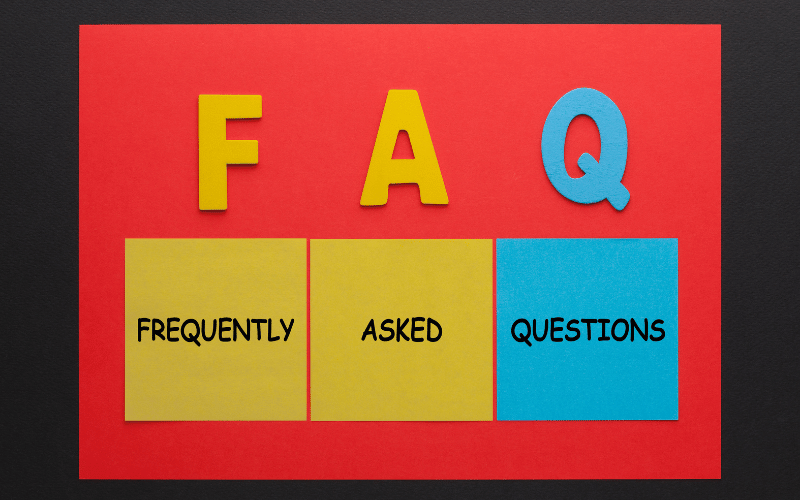Frequently Asked Questions: Navigating Hypoglycemia

What are the best immediate actions to take when experiencing hypoglycemia symptoms?
If you notice symptoms like shakiness, dizziness, or sudden hunger, immediately check your blood sugar level. If it’s low, consume a fast-acting carbohydrate like glucose tablets, fruit juice, or a handful of raisins. It’s important to recheck your blood sugar after 15 minutes and eat a small snack if it hasn’t improved.
How can I differentiate between normal hunger and hunger due to hypoglycemia?
Hunger caused by hypoglycemia is usually sudden and intense, often occurring alongside other symptoms like sweating, trembling, or mood changes. Unlike regular hunger, it doesn’t gradually build up and can feel urgent.
Can stress or anxiety trigger hypoglycemia?
Yes, stress and anxiety can affect blood sugar levels. They trigger the release of stress hormones like adrenaline, which can interfere with insulin and lead to fluctuating blood sugar levels. Managing stress through relaxation techniques or exercise can help maintain stable glucose levels.
Are there long-term complications associated with frequent hypoglycemic episodes?
Repeated episodes of hypoglycemia can lead to hypoglycemia unawareness, where the body stops showing symptoms, increasing the risk of severe hypoglycemia. Long-term complications can also include damage to the heart and nervous system. Therefore, consistent management and prevention of low blood sugar episodes are essential.
What dietary changes can help prevent hypoglycemic episodes?
Eating balanced meals and snacks throughout the day can help maintain steady blood sugar levels. Include a mix of carbohydrates, proteins, and fats in your diet. Avoiding large meals and reducing the intake of high-sugar foods can also help prevent sudden spikes and drops in blood sugar levels. Regular consultation with a healthcare provider or a dietitian can provide personalized dietary recommendations.
Conclusion: Empowering Yourself in the Face of Hypoglycemia
In the journey of managing hypoglycemia, knowledge and preparedness are your strongest allies. Recognizing and understanding the diverse range of symptoms – from sudden fatigue and excessive sweating to more severe signs like seizures or loss of consciousness – is crucial. Each symptom is a message from your body, signaling the need for immediate action to restore blood sugar levels. The importance of quick and appropriate responses to these symptoms cannot be overstated, as timely intervention can prevent complications and ensure safety. Equally significant is the role of lifestyle choices in managing hypoglycemia. A balanced diet, regular monitoring of blood sugar levels, and understanding the impact of daily activities on glucose levels form the cornerstone of effective management.
Furthermore, embracing a proactive approach towards hypoglycemia involves not just personal vigilance but also educating those around you. Sharing knowledge with family, friends, and colleagues about your condition ensures a supportive environment and prepares others to assist in times of need. Remember, living with hypoglycemia is a continual learning process about your body’s needs and responses. By staying informed, vigilant, and prepared, you can lead a healthy and active life, effectively managing the challenges posed by hypoglycemia. Always consult healthcare professionals for personalized advice and keep abreast of the latest medical guidelines to stay one step ahead in your health journey.